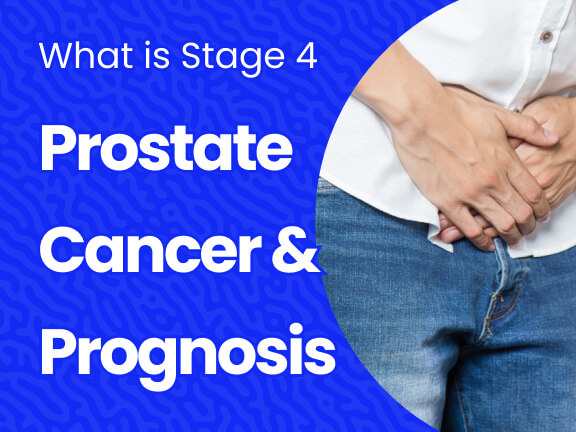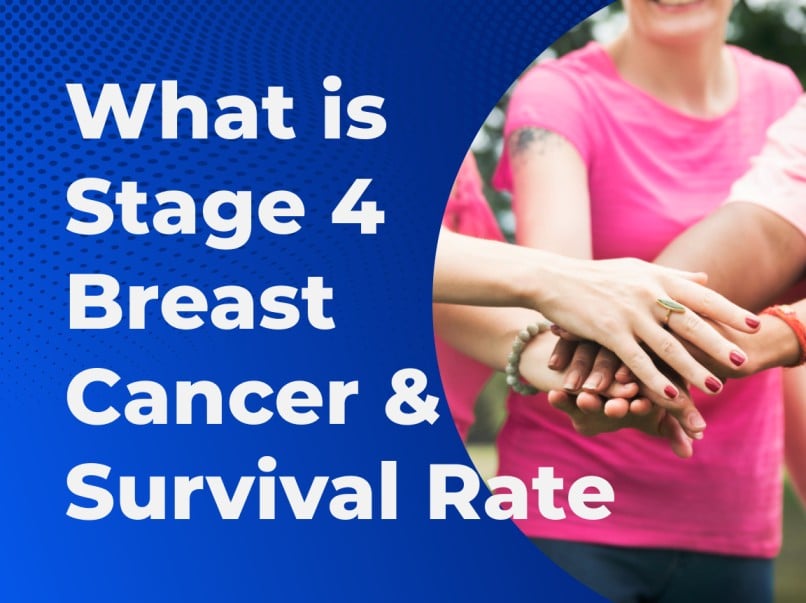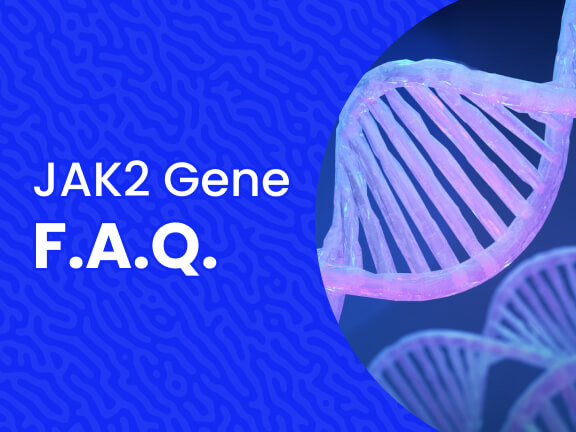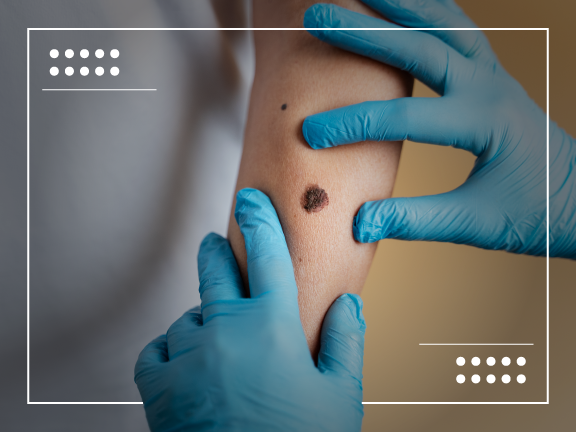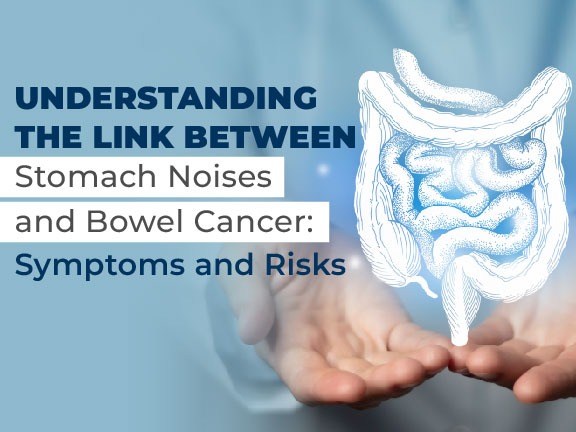Hemophagocytic lymphohistiocytosis (HLH) is a rare hematological disease (meaning it arises in the blood and bone marrow) which is caused by abnormal and uncontrolled activity in the immune system, which normally acts as the body’s defense network. HLH can be inherited (known as primary or familial HLH) or developed later in life (secondary or acquired HLH). HLH is most common in children, but adults can develop the disease, too. Certain gene mutations have been identified that are linked to primary HLH. However, secondary HLH appears to be triggered by other illnesses, including the Epstein-Barr virus.
In HLH, cells in the immune system (primarily T cells and NK cells) do not work properly and are unable to destroy infected or damaged cells. This causes the immune system to become overstimulated and overactive. This results in inflammation that damages tissues and organs, including the bone marrow, liver, and brain.
What are the symptoms of HLH?
HLH may cause the following symptoms. Keep in mind that most of these symptoms may be related to other conditions. If you develop any of the following changes and they persist, see a doctor.
- Rash
- Fever
- Pain in the upper right abdomen
- Abdominal swelling
- Enlarged lymph nodes
- Fatigue, weakness
- Sleepiness
- Feeling lightheaded or dizzy
- Headaches
- Irritability
- Pale skin
- Difficulty breathing
- Coughing
- Loss of coordination
- Seizures
How is HLH diagnosed?
Doctors diagnose HLH by performing a physical exam, taking a medical history, and conducting a variety of tests. In addition to checking for symptoms of HLH, a doctor will look for other clues, which include:
- Enlarged spleen
- Low blood counts (red cells, white cells, and platelets)
- High levels of triglycerides, a type of blood fat
- Low levels of fibrinogen, a protein that promotes blood clotting
- Damaged blood cells in the bone marrow
- Low activity by white blood cells called natural killer cells
- High levels of a blood protein called ferritin
- High levels of sCD25, a protein that rises in the blood when the immune system is stimulated
A doctor will also look for changes in the bone marrow that are characteristic of HLH, as well as signs of infection. Genetic testing can be done to confirm the diagnosis.
How is HLH treated?
The treatment plan a doctor recommends for HLH will depend on several factors, including the patient’s age and overall health, the severity of the disease and the symptoms the patient is experiencing, the cause of HLH, and others. Some commonly used treatments for HLH include:
- Chemotherapy (drugs used to treat cancer)
- Immunotherapy (drugs that alter behavior of the immune system)
- Steroids, to reduce inflammation
- Antibodies, to combat rogue immune cells
- Antibiotics, to treat infections
- Antiviral drugs
Some patients with HLH do not respond to or can’t take these therapies, in which case a doctor will recommend a stem cell transplant to restore normal behavior in the immune system. In a stem cell transplant, the patient undergoes chemotherapy or radiation to eliminate their stem cells, which are immature cells that can become different types of cells. Then, stem cells from a healthy, well-matched donor are infused into the patient. A stem cell transplant may cure HLH, though the procedure carries risks.
Sources: Immune Deficiency Foundation, Johns Hopkins Medicine, National Organization for Rare Disorders





